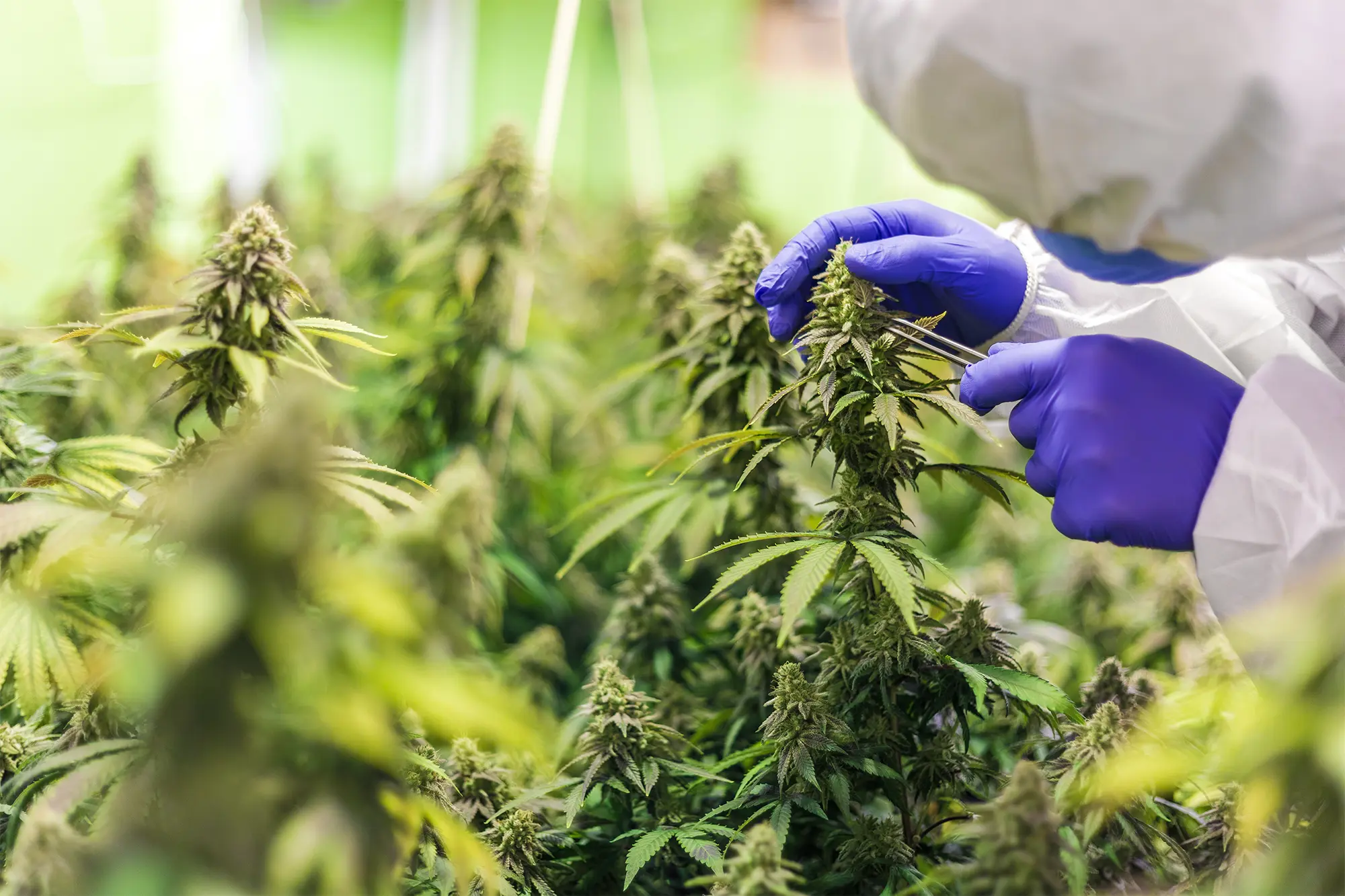Cannabis: A Catalyst for Cultural Exchange
페이지 정보
작성자 Fermin Cascarre… 작성일25-09-05 06:50 조회4회관련링크
본문
One of the primary ways cannabis influences cultural exchange programs is through the establishment of international partnerships focused on cannabis education and research. As more countries legalize medical and recreational cannabis use, institutions of higher learning are capitalizing on the growing interest by creating programs that bring together students and professionals from diverse backgrounds to study the plant's history, cultivation, and therapeutic applications. These programs not only promote knowledge sharing but also facilitate the exchange of ideas and perspectives on the complex issues surrounding the cannabis industry.
Cannabis has also played a significant role in promoting cultural understanding and awareness, particularly between the West and Southeast Asian cultures. The traditional use of cannabis in various cultures with deep roots dates back thousands of years, with its cultivation and consumption often tied to spiritual and medicinal practices. As international exchange programs increase, participants are gaining a deeper appreciation for the cultural significance of cannabis in these regions and learning from the experiences of their counterparts. This intercultural dialogue has opened doors to new levels of understanding and respect.
Furthermore, cannabis has contributed to the growth of cultural tourism, which often includes visits to local cannabis markets, cannabis-related tourism. These events provide a unique opportunity for travelers how to find weed in paris immerse themselves in local culture, sample cannabis products, and interact with locals who are proud to share their knowledge and traditions. As the popularity of cannabis tourism grows, so does the economic impact of these events, creating jobs and stimulating local tourism industries.

However, the increasing presence of cannabis in cultural exchange programs also raises concerns regarding the disparity in cannabis laws and regulations. The strict enforcement of laws surrounding cannabis use can create challenges for participants who are traveling to countries where cannabis use is heavily penalized. Additionally, the accessibility of high-quality cannabis products for personal use can vary greatly depending on the locality, posing concerns for participants who may require access to these products for personal or professional reasons.
In conclusion, the role of cannabis in cultural exchange programs is multifaceted and multifaceted, offering unique opportunities for education, cultural understanding, and tourism. However, it also prompts concerns regarding accessibility surrounding cannabis. As the world continues to navigate the complex issues surrounding cannabis, it is essential to prioritize education, awareness, and understanding to ensure that these programs promote mutual respect, exchange, and growth.




